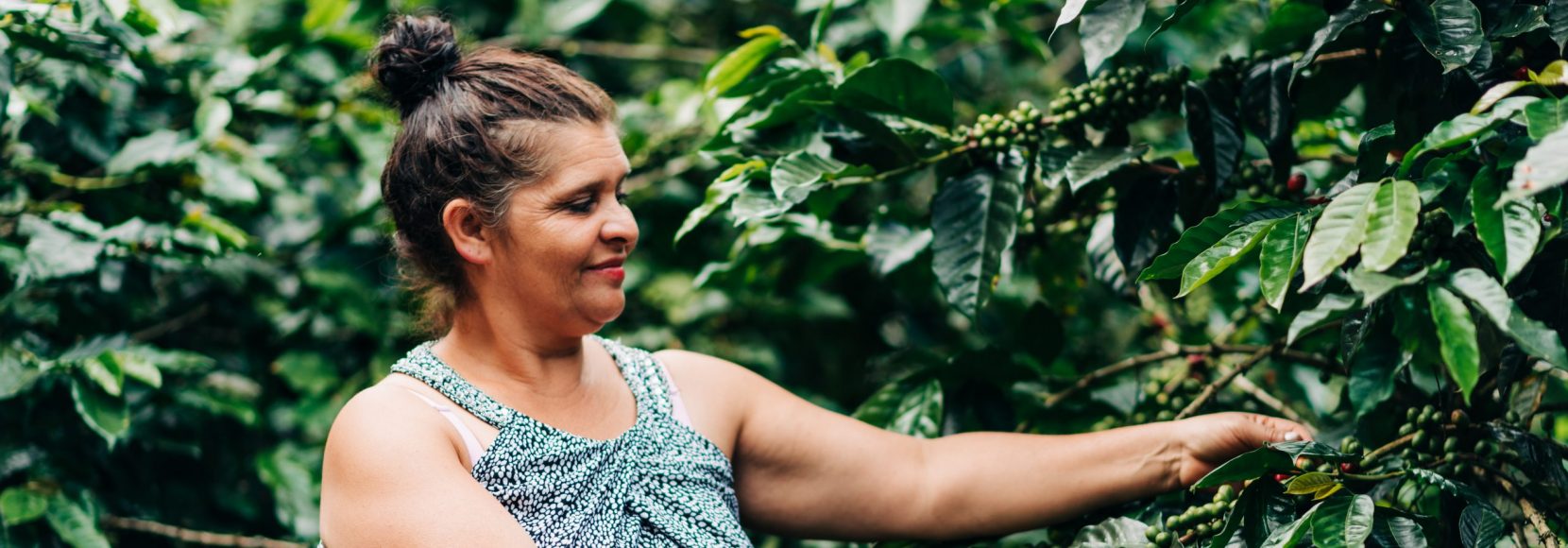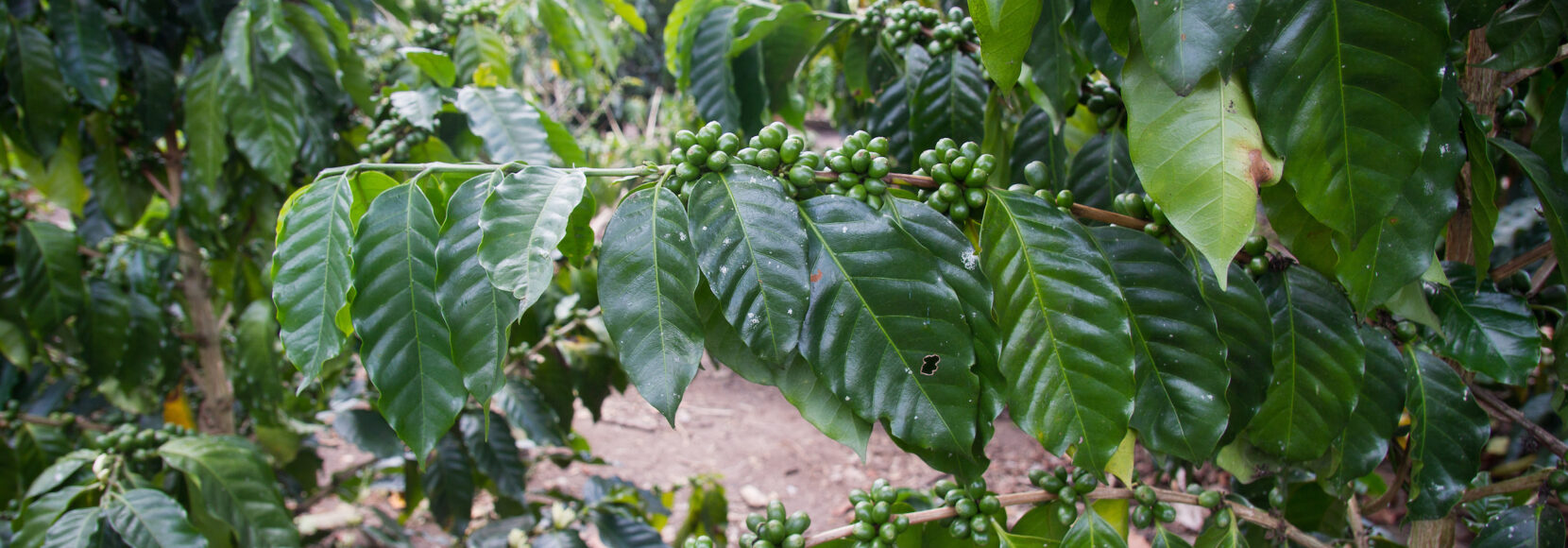
Earth Day 2022
Around the world, climate change is making it more difficult for smallholder farmers to grow coffee. This Earth Day, take our quiz to find out what kind of coffee fits you best, then learn how TechnoServe is helping preserve this coffee through improving farmers’ resilience to climate threats.
There are few beverages more ubiquitous than coffee. And whether you brew yours at home or make the trek to a nearby coffee shop, the drink has become an integral part of our daily lives. But what if this important aspect of our routines were no longer available?
Around the world, climate change is making it more difficult for smallholder farmers to grow coffee. Increasing temperatures, droughts, floods, new pests and plant diseases, and extreme weather events all conspire to threaten coffee production.
For the roughly 12.5 million farming families who rely on coffee for their livelihoods, the impact can be crushing. TechnoServe works with these farmers to promote climate-smart strategies that allow them to adapt to the changing climate while improving their yields and reducing their environmental footprint where possible.
Take our quiz to find out what kind of coffee fits you best, then learn about some of the ways TechnoServe is helping farmers increase their resilience to climate threats.
Promoting Shade-Grown Coffee in Ethiopia
In the woodlands of southwestern Ethiopia, coffee still exists in its original state – growing wild under a dense forest canopy. Optimal shade is essential for high-quality Arabica coffee. Too little shade, and high temperatures reduce moisture levels within the soil and the trees themselves. Too much, and the lack of light lowers yields.
As a forest coffee farmer, Amanuel Trefe is preserving a tradition passed down from generation to generation. “We were handed the forest by our parents, and we must preserve it,” he says. Maturing slowly under the shade of the forest canopy, the coffee here has a rich, distinct flavor. Farmer Wosenech Koyse drinks the coffee she harvests from the forest and can easily tell it apart from garden-grown coffee. “It is sweeter when I roast it,” she says.
But many farmers in this area previously maintained little tree cover for their coffee crops. By providing training on the benefits of shade and making indigenous trees available to farmers at nearby cooperatives, TechnoServe is helping farmers increase local biodiversity, reduce soil erosion, and improve their coffee quality and yields.
Off the farm, TechnoServe is also helping coffee wet mill owners implement innovative water management solutions, including reducing water usage, separating the coffee pulp from the wastewater, and planting vetiver grass wetlands, which act as natural water filtration systems.
Rebuilding After Extreme Weather Events in Puerto Rico
When Hurricane Maria made landfall in Puerto Rico in September 2017, many coffee farmers saw their life’s work disappear overnight. The storm destroyed over 80% of the island’s coffee trees, leaving farmers with little income and the daunting task of rebuilding.
Since then, TechnoServe and its partners have teamed up to help restore the island’s coffee industry and support thousands of farmers.
“I’ve been able to see a new way of treating my land and farm,” says coffee farmer Carlos Flores, who participated in the TechnoServe program. “I stepped away from using herbicides, and I am implementing more environmentally responsible practices. I’m saving money and getting better results.”
TechnoServe is training thousands of smallholder coffee farmers like Carlos to significantly increase their yields and help them access better farming supplies, financing, and markets. Through these efforts, Puerto Rico’s coffee farmers will be able to improve their incomes substantially and help lead Puerto Rico forward into a more hopeful future.
Combating Pests and Plant Diseases in Honduras
In Honduras, coffee flourishes primarily in the country’s mountainous central and western regions, including the departments of El Paraíso, La Paz, Comayagua, and Copán. Coffee farmers here have historically faced many challenges, including widespread outbreaks of destructive plant diseases and pests.
In 2013, a severe outbreak of coffee leaf rust, known as “la roya” in Spanish, destroyed almost 30% of the coffee farms in the country. There hasn’t been a severe outbreak since, but coffee producers are still dealing with the consequences today.
Rito Girón Hernández is a coffee farmer in western Honduras. During the outbreak, coffee leaf rust decimated his already meager coffee crop. The plant disease dramatically reduced his yields, and what little coffee he did produce, he sold to an intermediary for low prices.
“After my farm was affected by coffee leaf rust, we had to switch to a different coffee variety,” Rito recalls. In an area where coffee represents the main source of income for many people, even one bad coffee crop can have devastating consequences.
To help farmers fight plant diseases and pests, TechnoServe is working with them to use organic pesticides and other effective and environmentally friendly methods. For example, TechnoServe teaches coffee farmers how to use a coffee berry borer trap, a simple contraption made from a plastic bottle that reduces pests.





